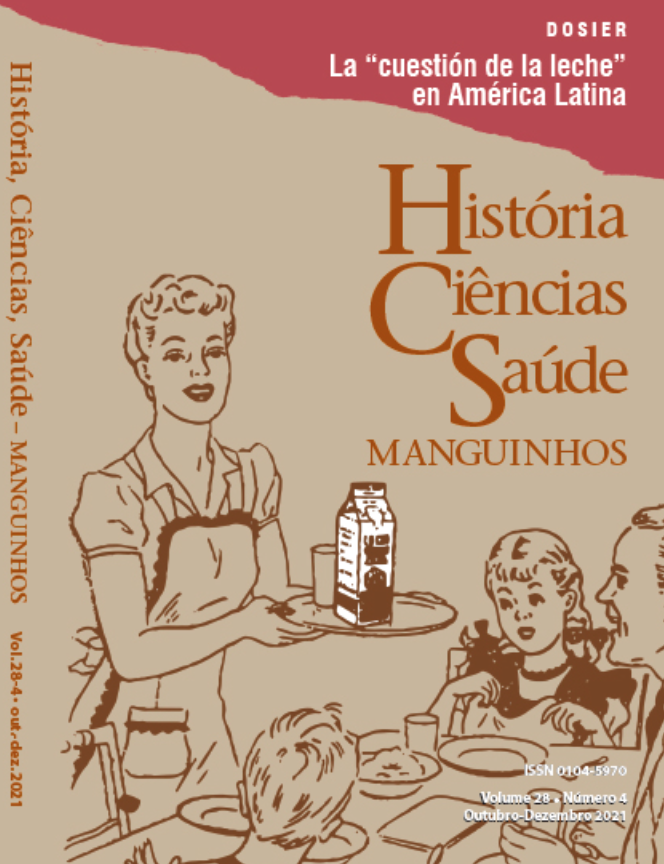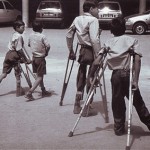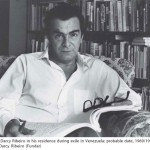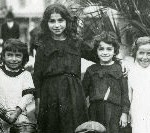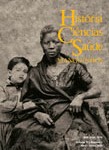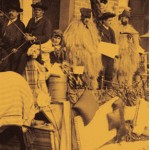Jan 19, 2022

CALL FOR ABSTRACTS
Whose choice, whose rights?
Global-historical and intersectional approaches to the emergence of reproductive rights after 1945, Glasgow, UK / online, 9 and 10 June 2022
This conference will explore the emergence of notions of reproductive rights, reproductive justice and reproductive choice and autonomy over the course of the second half of the 20th Century. Papers will be focused on the changing status of the reproductive body in public, medical and legal discourse throughout this period, taking post-World War 2 reconstruction as the starting point and the definition of reproductive rights by the United Nations at the International Conference on Population and Development held in Cairo in 1994 as the endpoint. We will analyse the emergence of notions of reproductive rights against the backdrop of changing gender roles, sexual revolutions, processes of medicalisation, changing forms of mass communication, and wider contexts such as decolonisation, the emergence of the UN system and human rights discourse, and the globalisation of demographic debate.
Focusing on topics such as birth control, family planning, abortion, assisted reproductive technologies and sterilisation, we will explore political, expert and public discourse as well as intimate practices and norms surrounding bodily autonomy, family, and sexual practice. We ask presenters to engage with the key historical shifts in this period: the medicalisation of reproductive bodies, the feminisation of reproductive choice and responsibility, the changing notions of human rights, and the hierarchisation of reproductive subjects according to social markers such as race, social class and ability.
Presenters are encouraged to take into consideration more than one locality or country through a comparative, transnational or global approach. Papers tackling contemporary issues are welcome, but they should engage with longer-term historical developments or genealogies. Full papers should be no more than 15 minutes long. At the conference, papers are presented and then discussed by a discussant, followed by wider debate.
You are welcome to submit panel proposals with 3-4 papers. Please indicate clearly which proposals together form a panel, and identify the title of the panel and one convenor who will be one of the paper authors.
Abstracts should be sent by 7 February 2022 to reproductive-rights@glasgow.ac.uk. Please send us one Word or Pdf file with the following: 2
– A 300-word abstract
– A 100-word biographical note
– Contact details
– Details of the panel of which the paper forms part (if applicable)
– Whether you plan to attend in person (Glasgow), online, or could do either.
– If you are based in a Low- and Middle Income Country, or if you are employed on a temporary academic contract anywhere in the world, you may be eligible to financial support for travel and accommodation. Justify this with a 100-word note.
Full draft papers will be required by 9 May 2022 and are then sent to your discussant. They should correspond to 15-minute speaking time; they need not be fully referenced at this stage. We are planning the publication of selected papers as part of a special issue in a leading international journal in 2023.
The conference is organised by the Reproductive Rights International Network: Maud Bracke (Glasgow, convenor), Chiara Bonfiglioli (Cork), Omar Gueye (Dakar), Agata Ignaciuk (Granada), Ruth A Miller (UMass Boston), Raul Necochea (North Carolina), Jesse Olszynko-Gryn (Strathclyde), Bibia Pavard (Paris II), Jadwiga Pieper Mooney (Arizona), Milica Prokic (Glasgow), Caroline Rusterholz (Cambridge), Christine Whyte (Glasgow), Lin Yi-Tang (Harvard).
It is funded by the Arts and Humanities Research Council, Project nr. AH/V008420/1 (’Inventing Reproductive Rights: Sex, Bodies and Population, 1945-1995
Read in HCS-Manguinhos about reproductive rights:
Women’s reproductive health in early twentieth-century Rio de Janeiro Cassia Roth, Postdoctoral Fellow at the University of Edinburgh, shows that elevated stillbirth and maternal mortality rates marked women’s reproductive years, despite official efforts to medicalize childbirth and increase access to clinical healthcare.
Cesarean Operation in the Spanish Empire The book reveals that ideas about the fetus have shifted dramatically over time. According to the authors, recognizing that these ideas are always locally situated and historically contingent can help us understand the complicated nature of reproductive politics in both the past and present.
Diálogos Críticos Sobre la Medicina Reproductiva Convocatoria para la presentación de ponencias: “Diálogos Críticos Sobre la Medicina Reproductiva: Pasado, Presente, y Futuro.”
Labor, childbirth and infa nt mortality This edition features two dossiers: the medicalization of childbirth, and child health and mortality.





